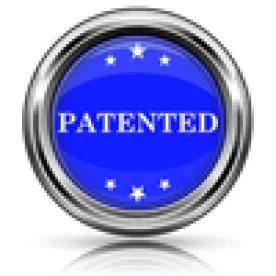Addressing for the first time whether harm to an inventor’s reputation alone could confer standing to sue, the U.S. Court of Appeals for the Federal Circuit reversed a lower court decision and found that a sufficiently concrete and particularized injury could give rise to standing in an inventorship correction case. Shukh v. Seagate Technology, LLC, Case No. 14-1406 (Fed. Cir., Oct. 2, 2015) (Moore, J.).
The case arose out of a dispute between Seagate and its former employee, Dr. Alexander Shukh. Dr. Shukh’s time at Seagate was undisputedly tumultuous. In 2009, Seagate terminated Shukh and 178 other employees. According to Dr. Shukh, he has been unable to find a job since then, despite sending out numerous applications. Shukh sued to have his name listed on six patents he claims Seagate wrongfully omitted him from. According to Shukh, Seagate’s omission negatively impacted his ability to find work by damaging his reputation in two ways. First, he alleges it reduced his apparent productivity during his time at Seagate. Second, he alleges his disputes over proper credit during his tenure at the company gave him a reputation in the industry as a poor collaborator.
Seagate moved for summary judgment, arguing that there was no genuine dispute as to whether the omissions harmed Shukh’s reputation. The district court granted that motion, finding that an alleged reputational injury did not confer standing. Shukh appealed.
The Federal Circuit reversed, finding that a “concrete and particularized” reputational injury can give rise to Article III standing. According to the Court, a trier of fact could conclude that Shukh’s reputation was damaged because he was not recognized as an inventor in the patents. In so finding, the Court reasoned that the purported omission could impact Shukh’s reputation because some companies may use an employee’s patent portfolio as a proxy for the employee’s productivity and their work’s quality. The Court also found that a genuine dispute of material fact exists as to whether Shukh’s omission from the disputed patents worsened his reputation as an employee.
The Federal Circuit also stressed that the economic impact of the reputational harm was important for the standing inquiry. Here, the Court explained that, because Dr. Shukh seeks to be employed in the field of technology covered by the disputed patents, and because a trier of fact could infer that the stronger Dr. Shukh’s reputation as an inventor, the more likely he is to be hired, there is an economic component to the alleged reputational harm.




 />i
/>i

